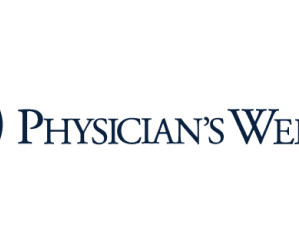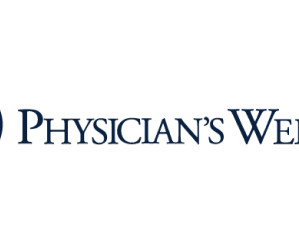Insurers Promise to Speed Up Delays in Health Care Approvals
Physician's Weekly
JUNE 25, 2025
WEDNESDAY, June 25, 2025 (HealthDay News) — Getting approval from your insurance company before a procedure or treatment may soon get a little easier. said this week that several of the nation’s largest health insurers have agreed to change how they handle prior authorization, a system that often causes delays in care. Kennedy Jr.












Let's personalize your content